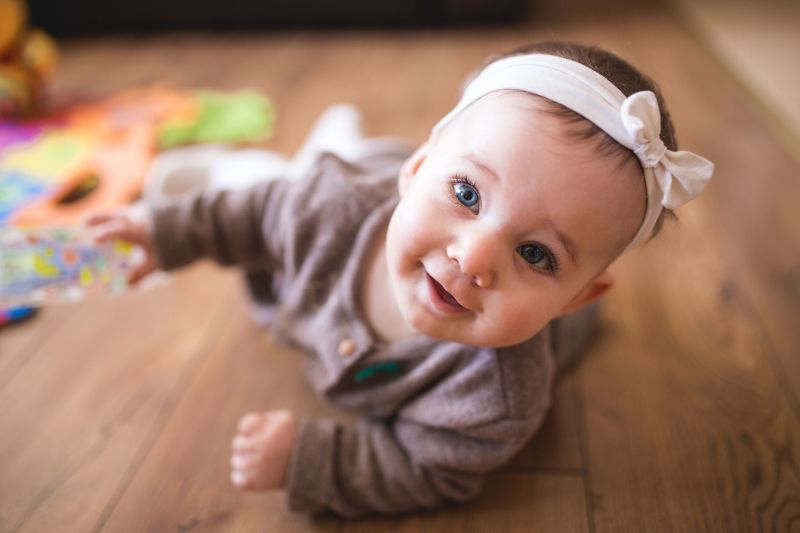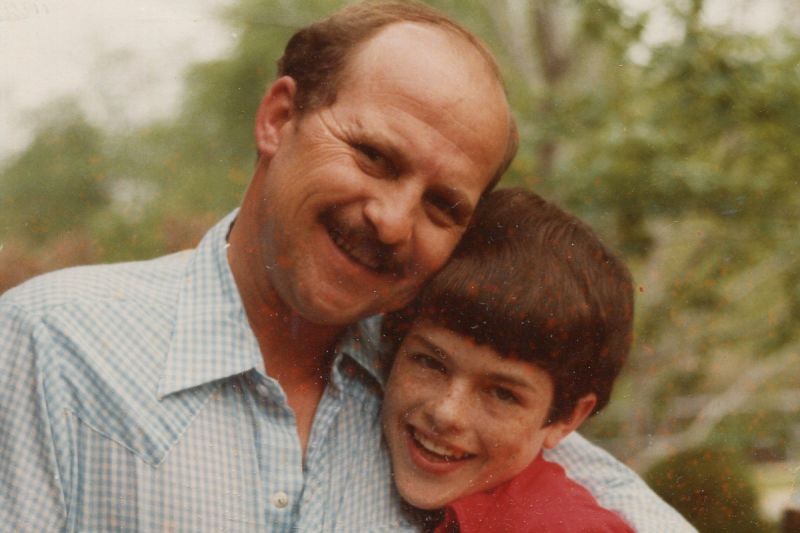How U.S. Adoption Works
An Overview of Domestic Adoption

Family is the most important thing in life. For many hopeful parents, domestic adoption provides a pathway to create their family.
Whether you are just learning the basics about adoption in the U.S. or beginning the adoption process, it is common to have questions about U.S. adoption and how it works. We’re here to provide the answers.
We’re going to cover the most important questions you might have about domestic adoption in the United States. You can also get a free consultation with our adoption professionals by calling 1-800-ADOPTION.
Birth mothers and women who facing unplanned pregnancy who are interested in private domestic adoption can click this link to find our guide for placing your child for adoption. You can also click here to connect with an adoption professional today.
Approximately 5 million Americans alive today are adoptees. That’s only 2% of the general public, which seems small. But the impact of adoption is much larger than that. It’s estimated that 6 in 10 Americans have personal experience with adoption, whether through family, friends or others in their community. All of that is to say that the impact of adoption in the U.S. is larger than most people realize. Even though only a small percentage of women experiencing an unplanned pregnancy choose adoption for their babies, the difference adoption makes in society is important. Additionally, millions are touched by the foster care adoption process, which is another way for families to adopt in the U.S. From politicians to celebrities and teachers to construction workers, adoption is a thread in the fabric of American society.An Overview of U.S. Adoption
People choose U.S. adoption for a diverse array of reasons. Some of the most common are: These are only a few of the reasons someone might choose adoption in the U.S. Whatever has brought you to adoption, you should be proud of your story and eager to grow your family in this beautiful way.Why Hopeful Parents Choose Adoption in the U.S.
Many may assume that “U.S. adoption” is one, simple process. In fact, there are several ways to complete an adoption in the U.S. How do you define domestic adoption? Well, in its simplest terms, it is the adoption of a child from the U.S. by parents who are from the U.S. However, when the term “domestic adoption” is used, it often refers to something more specific: domestic infant adoption. In the domestic adoption process, a woman experiencing an unplanned pregnancy chooses adoption for her baby. Separately, hopeful parents work with an adoption agency to create adoption profiles and complete other requirements for adoption. Then, profiles are shown to prospective birth mothers, who choose a family to adopt their baby. This type of U.S. adoption works outside of the foster care system, which is why the domestic adoption of infants is also called domestic private adoption — more on that in just a bit. American Adoptions is a full-service, national domestic adoption agency, so this is the type of adoption families complete with our agency. Domestic child adoption, when referring to the adoption of older children, is typically foster care adoption. There are more than 400,000 children in foster care. For most of those children, the goal is reunification with their biological parents. However, more than 100,000 of those children are unable to reunite with their parents and are waiting for adoption. U.S. adoption through foster care is a way to grow your family while also meeting the serious needs of a waiting child. This process can happen in many different ways, and the best way to get started is by contacting your local Department of Child Services. In private domestic adoption, an agency finds an infant adoption opportunity for the family. In foster care adoption, the state places a child in a home. But what happens during adoption in the U.S. when you already know the child? There are several names for this type of United States adoption, but the most common are relative adoption, stepparent adoption and independent adoption. These are cases when the parent already knows the child, or the prospective birth mother personally knows the parents she wants for her baby. In this type of U.S. adoption, an agency may still be able to assist with some of the required steps, and an adoption attorney will be needed for the legal aspects of adoption.Ways to Complete a U.S. Adoption
Domestic Infant Adoption
Foster Care Adoption
Relative, Stepparent and Independent Adoption
While you’re looking for information about adoption in the U.S., you are likely to come across the term domestic private adoption. Is this different from regular domestic adoption? What, exactly, does it mean? In short, private adoption is a domestic adoption in which the prospective birth mother and hopeful adoptive parents work with a private adoption agency, like American Adoptions. Most of the time, “private adoption” is just another way of referring to U.S. domestic infant adoption. But to many adoptive families, private adoption means much more.What is Private Adoption?
Once you are sure that adoption is right for you, you can begin the domestic adoption process by contacting an adoption agency. There are several different types of agencies, and it’s important to choose one that can meet your needs and support you through the whole process. American Adoptions is a full-service domestic private adoption agency. We work with families across the country to complete domestic infant adoptions from start to finish.
How to Start a U.S. Adoption
If you have more questions about U.S. adoption, we are here to help. Prospective birth mothers reading this and considering adoption can get more information by completing this form to connect with a professional today.Learn More about U.S. Domestic Adoption
Disclaimer
Information available through these links is the sole property of the companies and organizations listed therein. American Adoptions provides this information as a courtesy and is in no way responsible for its content or accuracy.

